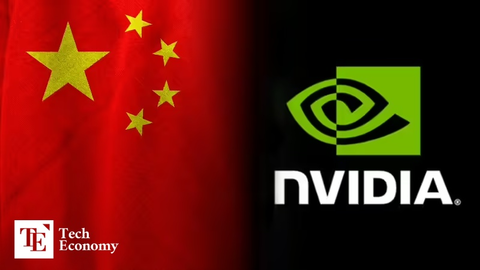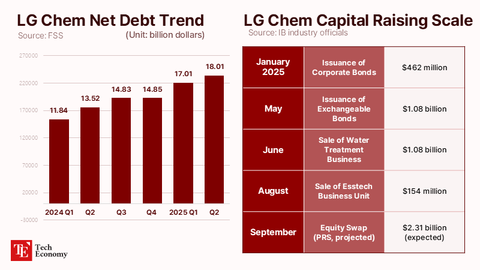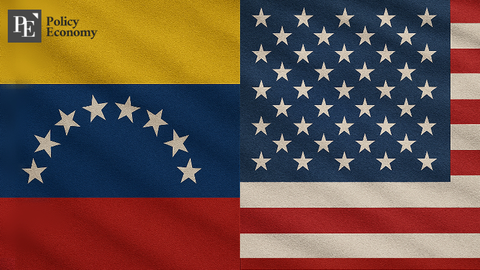"Scrap the Taxes and Rules": Is the U.S. Using Tariff Wars to Shield Its Big Tech Giants?
Input
Modified
U.S. turns to steep tariffs as a tool to protect domestic Big Tech. Pulls out of OECD agreement on global minimum tax. Digital economy increasingly driven by U.S.-based tech giants.
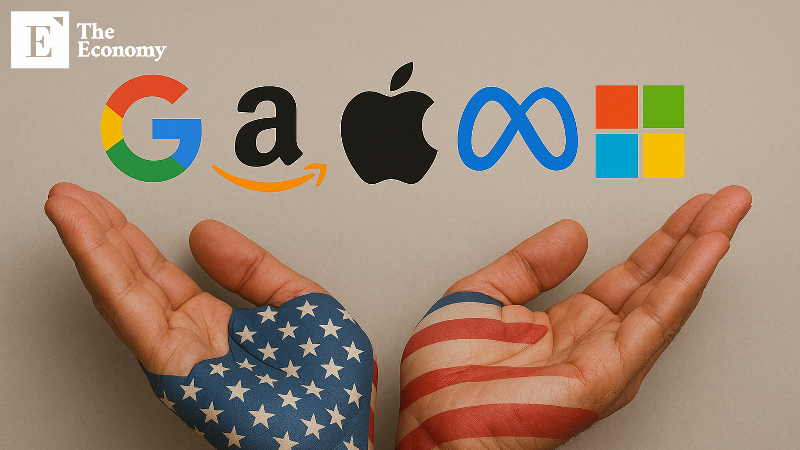
The Trump administration is increasingly seen as using trade wars as a tool to shield U.S. Big Tech companies from foreign taxes and regulations. Analysts say Washington is leveraging tariff negotiations to pressure other countries into dropping digital taxes and oversight measures, thereby safeguarding the profitability of American tech giants. In fact, several countries—including Canada, India, and Indonesia—have reportedly agreed to roll back or suspend plans for digital services taxes as part of broader trade talks with the United States.
Global Big Tech Rules Reversed Under U.S. Pressure
On July 23 (local time), The Wall Street Journal reported that taxation of U.S. Big Tech firms has become a central sticking point in ongoing trade talks between Washington and countries such as South Korea, the European Union, and Brazil. The Trump administration is reportedly using trade disputes as leverage to protect the interests of American tech companies—employing high tariffs and access to the U.S. market as bargaining chips to block foreign governments from imposing taxes or regulations on U.S. digital giants.
The strategy has already prompted a noticeable rollback of digital tax measures around the world. In June, Canada scrapped its planned digital services tax targeting multinational tech firms after the Trump administration threatened to suspend bilateral trade negotiations. India similarly abandoned plans to introduce such a tax during its tariff talks with the U.S., while Indonesia dropped proposed levies on movie and software downloads as well as electronics.
According to WSJ, this policy approach is backed by years of aggressive lobbying by the U.S. tech industry. Google, Meta, Amazon, Apple, Microsoft, and OpenAI each reportedly donated over $1 million (approx. ₩1.45 billion) to Trump’s inauguration fund. Meta CEO Mark Zuckerberg and Google CEO Sundar Pichai are also said to have made repeated visits to Mar-a-Lago, Trump’s Florida residence, to discuss international regulatory policies.
U.S. Rejects Global Minimum Tax, Citing Disadvantage to Domestic Firms
The Trump administration’s determination to defend American Big Tech was again on display in its recent decision to withdraw from the OECD’s global minimum tax agreement—known as “Pillar Two”—a move that shocked international markets. On June 27, U.S. Treasury Secretary Scott Besent announced via X (formerly Twitter) that, after “months of productive discussions with G7 partners,” the U.S. would unveil a new framework to safeguard national interests. “Going forward,” he wrote, “the OECD global minimum tax will not apply to U.S. companies.”
Shortly after taking office, President Trump signed an executive order explicitly rejecting the OECD tax rules, arguing that the policy would undermine U.S. taxing authority and place American companies at a competitive disadvantage. Citing that executive order, Besent stated, “Thanks to President Trump’s leadership, we’ve secured a great deal for the American people. Exempting U.S. firms from this policy prevented over $100 billion in losses.” The Treasury’s estimate refers to the taxes U.S. multinationals would otherwise have paid to foreign governments over the next decade under the OECD rules.
The global minimum tax, introduced under the OECD framework, allows countries to impose top-up taxes on multinational corporations headquartered in jurisdictions with effective tax rates below 15%. If implemented, the policy would require large multinational firms with consolidated annual revenues of €750 million (approx. $1.2 billion) or more to pay at least 15% in corporate taxes, regardless of where they operate. The policy—often referred to as a “Google tax”—is designed to prevent tech giants like Google and Apple from shifting profits to low-tax jurisdictions through foreign subsidiaries.
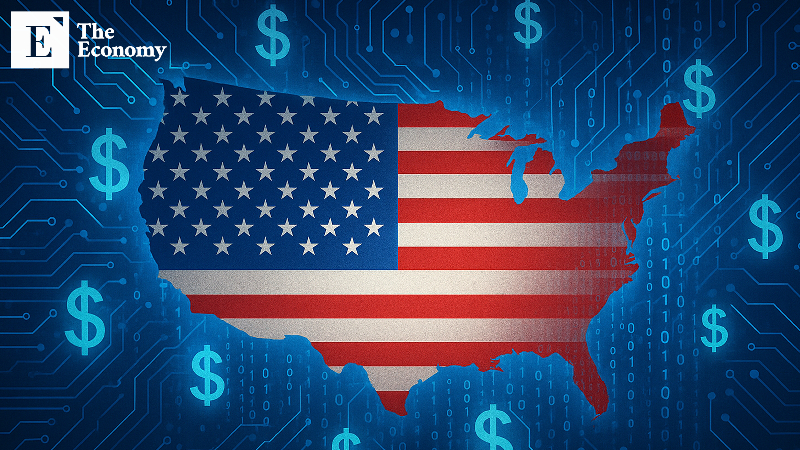
Big Tech at the Heart of America’s Digital Economy
The U.S. government’s aggressive support for Big Tech reflects the central role digital industries play in underpinning the American economy. The digital economy—which encompasses e-commerce, digital services (such as communications, internet, and cloud computing), and infrastructure (including software and hardware)—was valued at $4.3 trillion (approx. ₩5,880 trillion) in 2022, according to the latest data from the Bureau of Economic Analysis (BEA). The sector is also a major driver of employment, with the U.S. Department of Commerce reporting in 2024 that approximately 8.9 million Americans are employed in digital economy–related jobs.
Big Tech companies are also delivering strong performance in trade. In 2023, U.S. exports of digitally delivered services reached $655.5 billion (approx. ₩896 trillion), up 31% from 2018, according to BEA data. Over the same period, total U.S. service exports grew by 19%, highlighting the sector’s outsized growth. Profit margins are robust as well: imports of digital services in 2023 totaled $388.8 billion (approx. ₩532 trillion), resulting in a trade surplus of $266.8 billion. This substantial imbalance underscores how essential Big Tech is to America’s export economy—and why any global tax measures that diminish these firms’ earnings could significantly damage U.S. economic performance.
Still, critics argue that unconditionally backing Big Tech may not be a sustainable policy. “Concerns are growing among Democrats and U.S. labor groups that the government is overprotecting highly profitable tech firms,” said one market analyst. “Unilateral efforts to shield domestic companies risk worsening trade tensions with partner countries, undermining global regulatory coordination, and causing collateral damage to non-tech sectors.”



